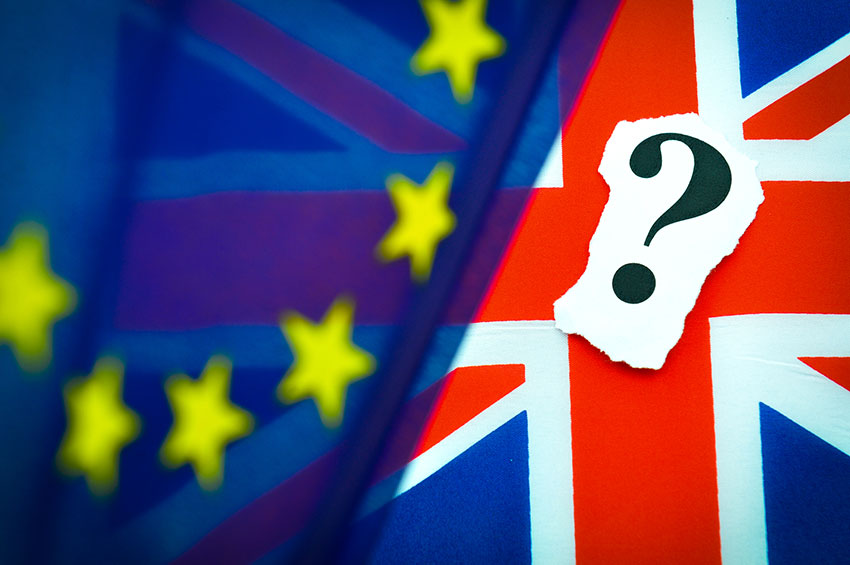Pictured Udo Müller, CEO of paysafecard.
eCash solution from Paysafe now available in Moldova
Chișinău, Moldova, paysafecard, a market leader in eCash payment solutions and part of integrated payments platform, Paysafe, launches in Moldova today as a new secure and easy way to pay with cash for online purchases, particularly in the digital entertainment space.
paysafecard enables consumers to shop for goods and services online, simply and securely, using a 16-digit code to complete the payment transaction. It opens up significant possibilities for online shopping for millions of consumers who were previously excluded – either because they don’t have a bank account or credit card, or because they don’t want to share their bank account details on the internet, often for security reasons.
“We’re excited to be launching in Moldova, a country where much of the population is underserved in terms of credit cards and a high number of transactions are made using cash. paysafecard will enable Moldovans to move their cash online and participate in the online marketplace, easily and securely.”
Out of Moldova’s 3.65 million inhabitants1, 3.07 million of them use the internet2, with 1.92 million accessing it via a mobile device3. As of 2019, only 14% of the adult population had credit cards and three out of four transactions were paid using cash4. As such, paysafecard provides an ideal solution for Moldovans to use cash to not only make online purchases conveniently but also join the world of gaming, social media and communities and film and music without the need for bank accounts or credit card information.
Thanks to a partnership with bpay.md (www.bpay.md), a popular payments and collection network, paysafecard can be bought at over 650 independent vending machines and is offered in five denominations (100, 200, 500, 1,000 and 1,500 Moldovan Leu; 1 euro equates to around 20 MDL).
About paysafecard
paysafecard, a market leader in online prepaid payment solutions, was founded in 2000 and is headquartered in Vienna, Austria. paysafecard is part of the international Paysafe Group, which provides a broad portfolio of innovative payment solutions and services. paysafecard offers prepaid and online cash solutions under the brands paysafecard, my paysafecard, paysafecard Mastercard® and Paysafecash. Available in over 650,000 sales outlets in 50 countries, paysafecard enables simple and secure online transactions prepaid vouchers. By using a 16-digit paysafecard PIN, customers do not need an account or credit card to pay on the Internet, protecting their confidential financial information. In 2018, paysafecard developed Paysafecash, with which customers can shop online first and then pay for their purchases securely with cash offline at the next payment point. Paysafecash is already available in almost 30 countries. In 2018, paysafecard reached a transaction volume of more than 3 billion euros. www.paysafecard.com




 For centuries the world of banking has relied on trusted intermediaries. Their importance soared when money moved from coins, bills or printed ownership certificates to electronic ledgers. While physical money can be handed over from one person to another, with electronic entries into databases the process becomes tricky. How do you ensure money or another asset disappears from the initial owner when being sent? During the last decades the answer has been to build a complex, multi-layered system of intermediaries, whether it is payment processors, brokers or clearing houses.
For centuries the world of banking has relied on trusted intermediaries. Their importance soared when money moved from coins, bills or printed ownership certificates to electronic ledgers. While physical money can be handed over from one person to another, with electronic entries into databases the process becomes tricky. How do you ensure money or another asset disappears from the initial owner when being sent? During the last decades the answer has been to build a complex, multi-layered system of intermediaries, whether it is payment processors, brokers or clearing houses.
 Ireland
Ireland

